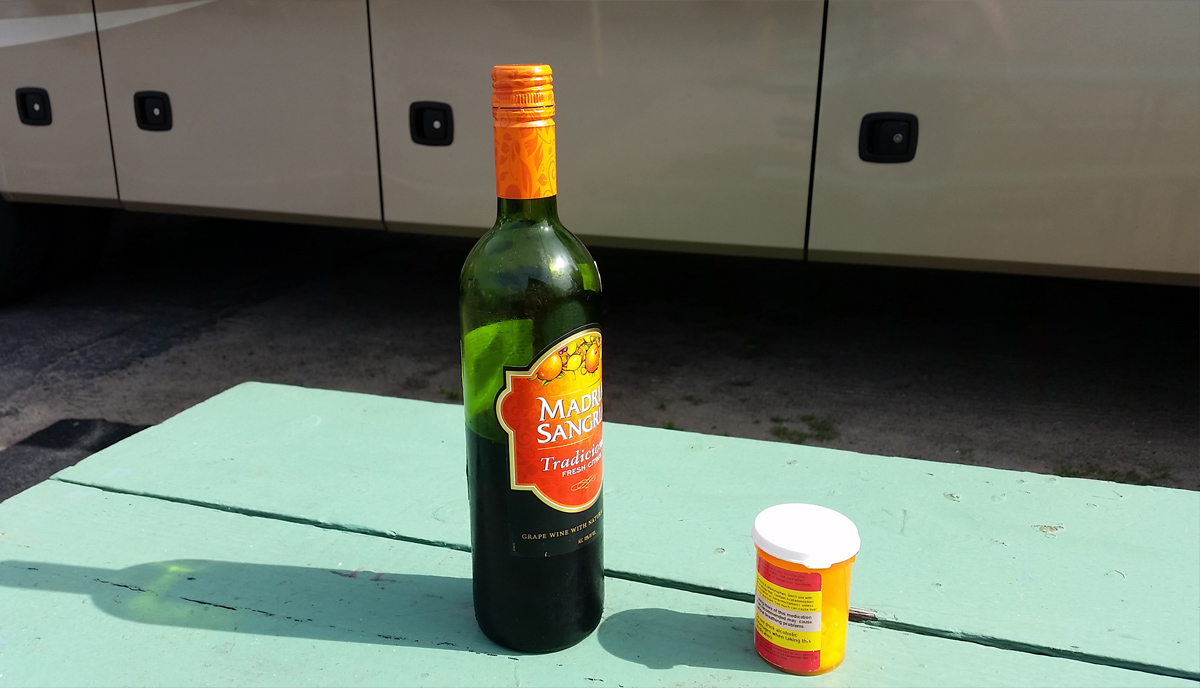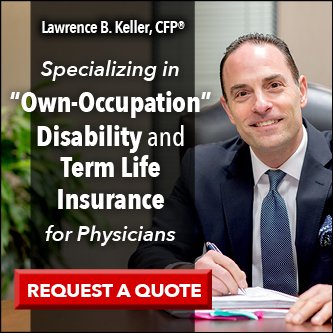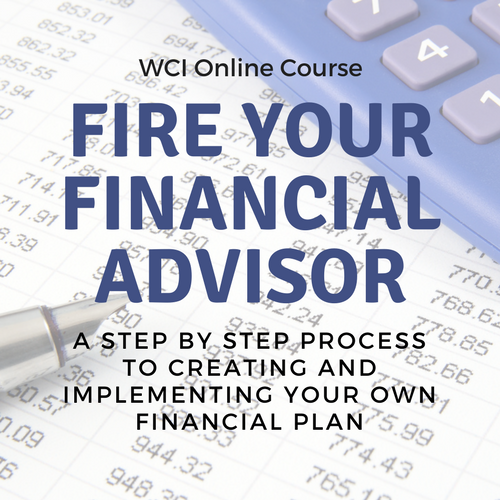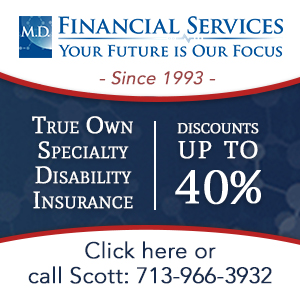(The recent Medscape physician burnout report I discussed here that 29% of those who were burned out turned to some sort of chemical substance for relief. Today’s guest post comes from Patrick Bailey who writes about mental health and addiction.)
Medical professionals like nurses, doctors, and paramedics, save many lives on a daily basis, having committed themselves to look after the health and wellness of others. Perhaps because of this, they sometimes neglect their own well-being by misusing alcohol and drugs. In particular, medical professionals and alcoholism too often go together.
About 24.6 million Americans aged 12 and over—9.4% of the population—used illicit drugs in June 2017, the National Institute of Drug Abuse reports. Some of them were medical professionals.
Nurses and doctors are people we usually think of as assisting the injured and sick, always putting everyone ahead of themselves. These are people we entrust with our lives, believing they are responsible and can save us when we’re unable to save ourselves. However, these people are human just like the rest of us. They too can become hooked on alcohol or drugs.
A medical professional with drug addiction puts the lives of their patients in danger. For the sake of their own health and that of patients, it’s vital that all medical professionals receive the help they require to conquer addiction before it messes up their lives or destroys the lives of their patients.
Why do Medical Professionals Abuse Drugs?
Medical professionals struggle with alcohol and drug addictions at similar or higher rates to the average person. They’re as exposed as the general population to the various risk factors for drug addiction, including genetic predisposition, childhood trauma, depression, anxiety, and other mental disorders.
The above risk factors are made worse by certain pressures inherent in the medical field, including:
Availability of Addictive Drugs:
- Addictive substances are easily accessible to medical professionals in their day-to-day work. Compounded by the power to prescribe medicines, some doctors may unlawfully prescribe themselves drugs for a long time without drawing attention. This might explain why doctors have higher rates of addiction to prescription meds than the rest of us. Moreover, prescription drug abuse rates are particularly high among anesthesiologists, who continually work with a range of potent medications.
Extended Workdays:
- Being a doctor typically involves long work hours and being called to the hospital at any time to handle emergencies. Apart from being physically and mentally tiring, working more than 60 hours a week may interfere with time for family, self-care (healthy diet, sleep, exercise), and recreation, and raise the risk of depression, heart disease, and other ailments.
Stress:
- Chronic stress, caused by heavy patient loads, long hours, and absence of emotional support, may increase a medical professional’s risk of alcohol or drug addiction. In most cases, medical professionals deny taking alcohol or drugs to self-medicate, but it’d be understandable that medical professionals predisposed to addiction would use drugs to manage emotions or relieve stress.
Patient Care:
- This is arguably one of the most difficult but most rewarding parts of the medical profession. Unexpected results, failure to ease pain, and dealing with patients that are violent, noncompliant, or exceptionally demanding can bring on anxiety and depression in medical staff. Few medical professionals get adequate training to handle these demanding patient care issues.
Educational Demands:
- Research has shown that medical students in America use prescription opiates, benzodiazepines, and alcohol more than their peers. Well, this may be partly due to the educational pressure of trying to become a doctor, which includes four years of undergraduate studies, four years in medical school, and three to seven years in a residency program.
Failure to Report:
- While medical professionals have a professional obligation to report their colleagues who may be working while intoxicated, few actually do so when confronted by this situation. This sort of professional courtesy fuels addictive behaviors, ups the risk of medical professionals harming themselves, harms patients, and losing their licenses. It also prevents addicted professionals from getting the help they require.
The family and colleagues of addicted medical professional may perpetuate this “conspiracy of silence”, fearing that confronting them or finding an intervention can negatively affect their own financial stability and/or career.
Signs of Substance Addiction in Medical Professionals
People who are addicted to alcohol may, over time, suffer severe alcohol poisoning. The reason they may overlook the negative effects of this excessive drinking is that it gives them a diminished or impaired outlook on their behaviors. They’re less able to recognize problematic alcohol intake. They’re more likely to receive feedback from other people about their booze-fueled behaviors.
Here are some signs that a medical or health professional may have a substance use disorder:
- One of the clearest signs is to take an alcoholic drink before reporting to work. All work requires a clear head, especially when it can have life-or-death consequences.
- To take more than the prescribed amount of a drug. Even if the drug is validly prescribed, this calls for a further examination by another medical professional. Addiction to prescription meds may manifest differently among different professionals and even specialties. In particular, doctors are far more likely to misuse anti-anxiety drugs and opioid pain medicines.
- In highly vulnerable people, addictive behaviors can manifest after just one exposure to opioid medications. For instance, a codeine prescription after tooth extraction may trigger a compelling urge to take more than the amount prescribed.
There are various reasons why a person is more likely to become a drug addict. It’s a variety of factors working together, such as their social environment, genetics, and underlying psychiatric history.
Addiction Treatment for Medical Professionals
Some drug rehab facilities across America provide specialized addiction treatment to help out mixed professionals, such as CEOs, lawyers, etc., but some cater specifically to nurses, doctors, and other medical staff. These aren’t precisely the same programs as most rehabs for addiction. They offer customized evidence-backed treatment methods for medical personnel and treat them as a separate group.
A program may treat or specifically cater to one medical professional, such as state assistance treatment programs for doctors.
Accredited, professional rehab facilities ensure confidentiality, but getting assistance should never be considered a shameful thing. It is brave. The most courageous thing you can do when dealing with substance abuse is to seek help.
If you are struggling with burnout or substance abuse, do not go it alone. Seek help. More information from Patrick Bailey can be found on his website PatrickBaileys.com and his twitter account, @Pat_Bailey80.






I am amongst the un-enviable ranks of physicians who have lost colleagues to suicide, one who was a close friend. I did not perceive the degree of suffering under which they labored and was therefore shocked when I learned of their deaths. I think this is almost always the case; we under-estimate what lies beneath external manifestations of stress and response thereto. My response to the recent death of a former student, resident, colleague and friend has been to speak out, not directly about that event, but by forwarding pertinent articles on stress, burnout and depression amongst physicians and more importantly, what one can do about them, to colleagues who I know are subjected to similar experiences. The trouble is, even those we deem to have relatively easier loads can experience them as overwhelming. The risk is in the entire profession and resiliency is not worn on one’s shirtsleeve. In my opinion, the highest calling is to change the conditions in which we work, to change the expectations of immortality amongst our clients, to change the self-expectations of immunity to pain, suffering and the “death by a thousand cuts” that is occurring to us by forces of relentless change, as well as pressure to do more with less. One can’t rest and recover in a couple of weeks to return to a job that is the emotional equivalent of a shooting war. Eventually the war has to end and we need to be able to live and work in peace. Where is the peace within today’s modern world of health care delivery? I only found it by stepping off the bus, so to speak. A powerful shame, because I loved what I did. I found the environment of care to become increasingly toxic for me and I can’t imagine going back, which is the equivalent of having been divorced without desiring to leave the relationship.
Thanks for your comment Nathan. I’m sorry for the loss of your friend. Doctors are very good at hiding their feelings. Keep a close watch on your colleagues for any sign that they may be struggling and offer help. Don’t wait until it is too late.